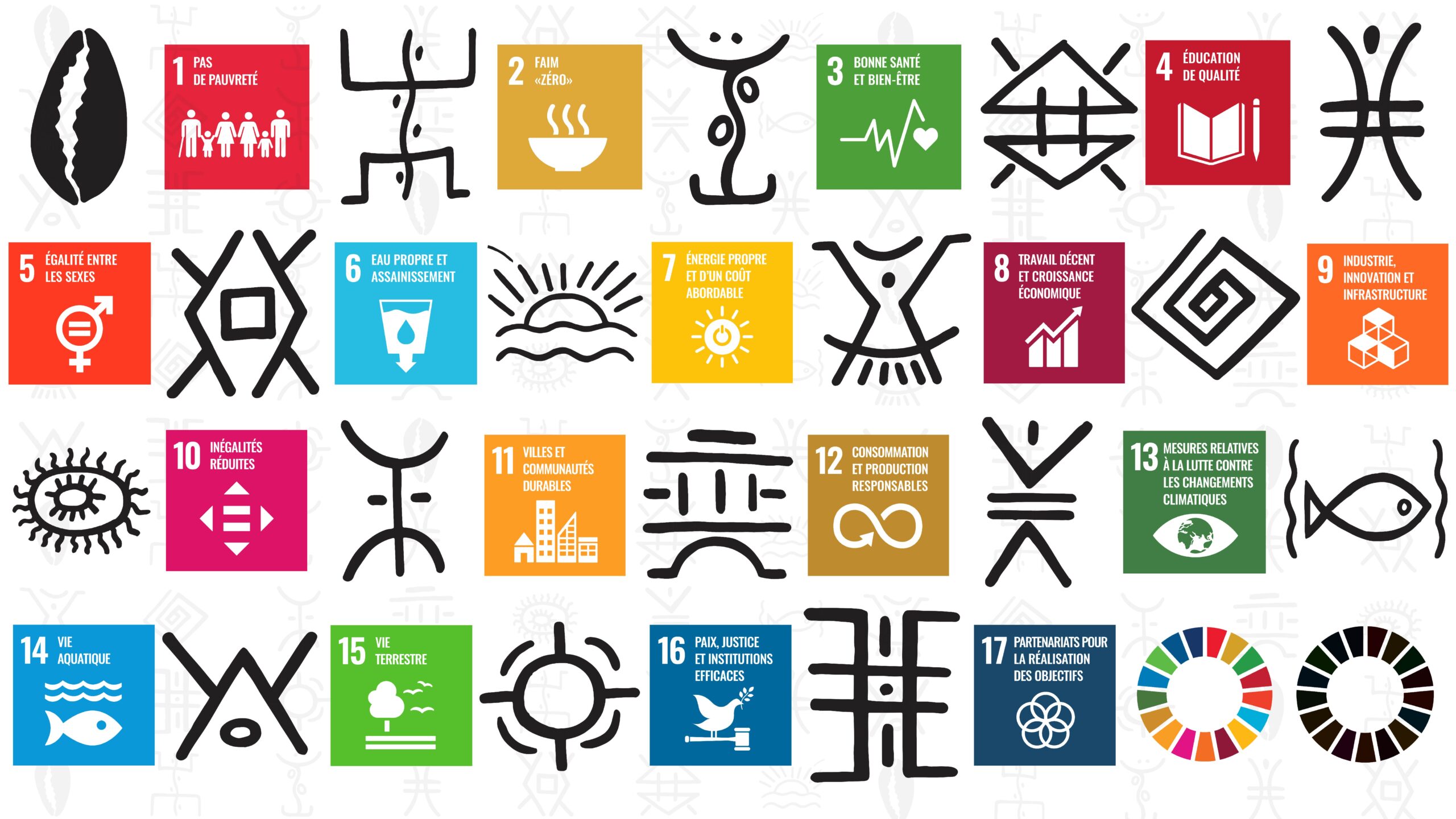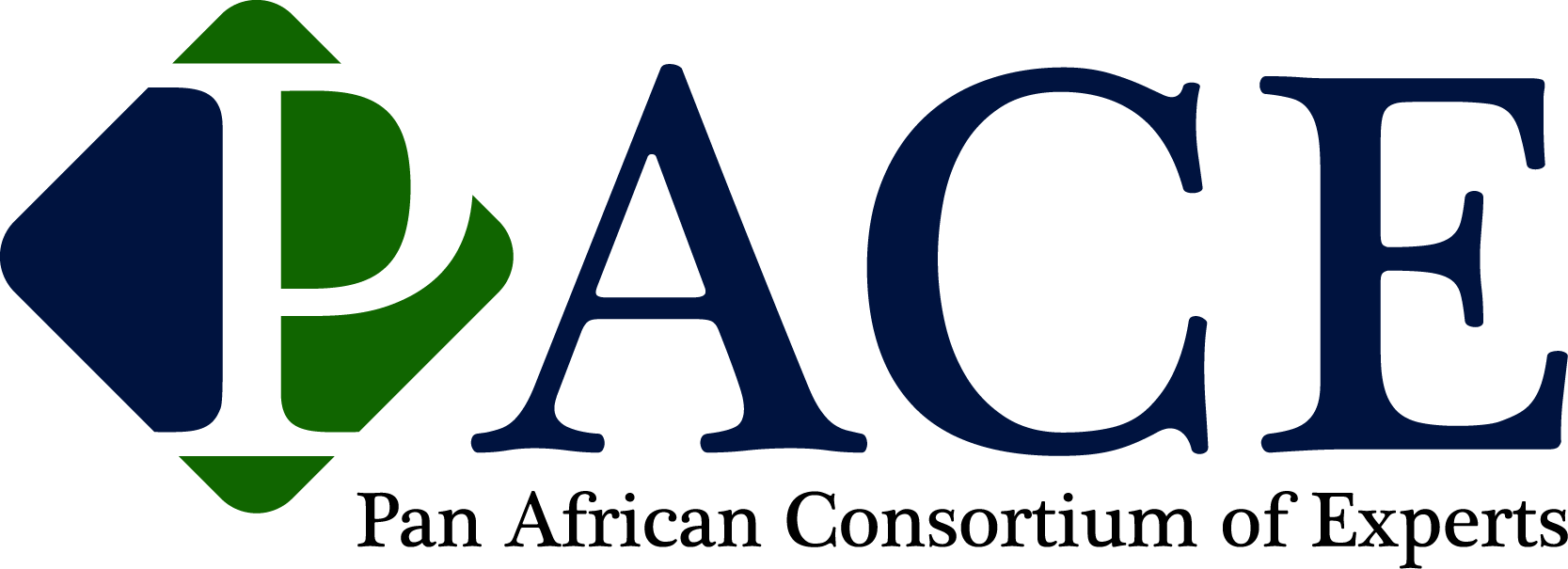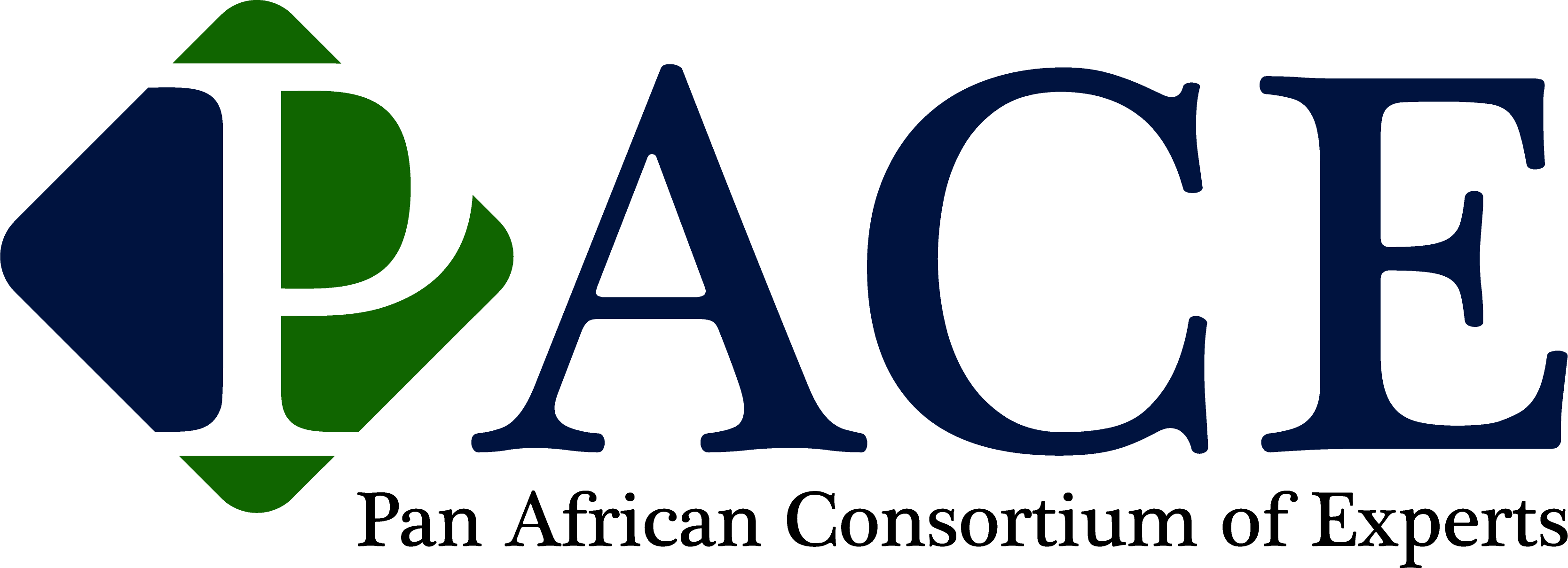
The world is currently facing a convergence of interconnected crises, exacerbating persistent challenges to sustainable development and jeopardizing the achievement of the 2030 Agenda. The COVID-19 pandemic, climate change and conflict have created devastating impacts on poverty, food, health, education, the global economy, the environment, social cohesion, peace and security.
In the face of this critical situation, urgent and ambitious action is needed to save the Sustainable Development Goals (SDGs) for the benefit of people, especially the most vulnerable, and the planet, by 2030. According to the 2023 Special Report on SDG Progress, only about 12% of the approximately 140 targets with data are on track. Nearly half, while showing progress, are moderately or severely behind schedule, and about 30% have shown no movement or have regressed since 2015.
It is in this context that the President of the United Nations General Assembly is convening Heads of State and Government for the High-Level Political Forum on Sustainable Development 2023 (SDG Summit) on 18 and 19 September 2023. This summit, marking the midpoint of the implementation of the 2030 Agenda for Sustainable Development, represents a crucial opportunity to accelerate efforts.
The SDG Summit is the central platform at the United Nations where Heads of State and Government provide political leadership on the implementation of the 2030 Agenda for Sustainable Development and its Sustainable Development Goals. It aims to provide political guidance for the implementation of the 2030 Agenda, identify progress and emerging challenges, and mobilize additional actions to accelerate implementation. This summit will be the focal point of the United Nations’ work in 2023 and of the General Assembly’s high-level week this September.
Objectives and Expected Results
The Summit offers countries, both individually and collectively, an opportunity to place the world on a sustainable development path. The international community can seize this opportunity to achieve significant transformations for the integrated implementation of the SDGs and to transform the way societies produce, consume, and share benefits and risks, while leaving no one behind.
The Summit is designed to be forward-looking and action-oriented, with the aim of accelerating international action to improve people’s lives and reinstilling the hope, optimism and enthusiasm that characterized the adoption of the SDGs and the 2030 Agenda. It is expected to adopt a concise and action-oriented political declaration as its outcome document.
The Secretary-General urged world leaders to present a Rescue Plan for People and Planet at the SDG Summit, proposing actions in three areas. First, he called on countries to make global commitments to the SDGs, including through an SDG Stimulus by massively increasing financing and taking other measures, such as debt relief.
Second, he urged world leaders to share a Transformative National Commitment to the SDGs. This could include clear benchmarks for reducing domestic poverty and inequality by 2027 and 2030, alongside nationally determined climate contributions. And third, all countries are encouraged to fully involve their national constituencies, particularly civil society and the private sector, in their preparations for the Summit.
The SDG Summit will be followed by the Future Summit in 2024, which will build on the outcomes of the SDG Summit and accelerate the implementation of the 2030 Agenda.
Research Responses and Engagement of the African Consortium of Experts (PACE)
The SDG Summit features six Leaders’ Dialogues, each focused on critical themes to accelerate the implementation of the 2030 Agenda. These themes, identified in the Secretary-General’s Report and the 2023 Global Sustainable Development Report, provide an opportunity to address the transformations needed to achieve the SDGs by 2030.
- Leaders’ Dialogue 1: “Intensifying Action on Key Transitions to Accelerate Progress on the SDGs”
Achieving the SDGs by 2030 requires key transitions, involving bold decisions, massive investments, and long-term, holistic approaches. This dialogue will focus on policy actions and investment pathways to drive these transitions, acting as multipliers to advance the SDGs, particularly in areas such as energy, digitalization, education, social protection, the triple planetary crisis, and food security.
PACE research identifies successful policies and strategies to initiate these crucial transitions toward sustainable development. Multi-stakeholder partnerships and effective collaboration are emphasized to accelerate progress toward the SDGs. - Leaders’ Dialogue 2: “Building Resilience and Leaving No One Behind”
This dialogue will examine resilience profiles that demonstrate humanity’s ability to overcome adversity. The world must act to address the drivers of socioeconomic inequality within and between countries and improve the well-being of those furthest behind, particularly marginalized and vulnerable groups, thereby contributing to global inclusion and resilience.
PACE’s research highlights the benefits of local and Indigenous approaches to building resilience and well-being. It proposes concrete and ambitious measures to protect the well-being of all, ensuring that no one is left behind.
- Leaders’ Dialogue 3: “Drivers of Change: Applying Science, Technology, Innovation, and Data for Transformative Action”
The world has unprecedented levels of knowledge, technology, and resources. However, the potential of science, technology, innovation, and data to be applied to the SDGs is largely underutilized. Systemic and contextual barriers that hinder their effective and equitable use must also be identified and addressed.
PACE research offers innovative approaches for applying new technologies and practices to accelerate achievement of the SDGs. It highlights the need to build capacity in developing countries to use science, technology, innovation, and data in transformative ways. - Leaders’ Dialogue 4: “Strengthening Integrated Policies and Public Institutions to Achieve the SDGs”
This dialogue aims to advance policymaking that addresses the interconnections between the SDGs and their spillover effects, and to strengthen public institutions accordingly. A holistic approach to SDG implementation is a central pillar of the 2030 Agenda for Sustainable Development.
PACE’s research highlights the need to strengthen integrated approaches to action across the SDGs, identifying required capacities and overcoming key barriers. It also proposes mechanisms to enable public institutions to implement integrated policies and manage trade-offs. - Leaders’ Dialogue 5: “Unity and Solidarity: Strengthening the Multilateral System for Enhanced Support, Cooperation, and Follow-up and Review”
The international community must deliver on the exceptional promise of the 2030 Agenda for Sustainable Development. However, recent global shocks have highlighted the weaknesses and inequalities of the current multilateral system.
PACE’s research highlights the need for enhanced international cooperation and the revitalization of the Global Partnership for Sustainable Development. It proposes ways to strengthen multilateral cooperation to accelerate the achievement of the SDGs, highlighting the role of the UN system and governments.
Leaders’ Dialogue 6: “Mobilizing Finance, Investment, and Means of Implementation for the SDGs”
This dialogue will address financing, investment, and means of implementation for the SDGs. Reconciling abundance and accountability with global, national, and local commitments is essential to achieving financing, fostering leadership, and restoring trust.
PACE’s research highlights immediate steps to implement an SDG Stimulus, particularly in addressing debt and providing long-term, affordable liquidity through investment. It also suggests ways to generate political momentum to reform the international financial architecture, making it more equitable and better aligned with sustainable development goals.
Issues and Challenges for Africa and Senegal
In the African and Senegalese context, the challenges related to the SDGs are particularly complex. Africa faces significant socioeconomic, environmental, and political challenges that hinder the achievement of the SDGs. Issues such as poverty, inequality, limited access to education and healthcare, climate change, environmental degradation, food insecurity, and conflict persist and jeopardize progress towards the SDGs.
In Senegal, despite significant progress, challenges remain in areas such as access to quality education, drinking water, sanitation, health, youth employment, and reducing inequalities. It is imperative that Senegal intensify its efforts and implement appropriate policies and strategies to overcome these challenges and accelerate the achievement of the SDGs.
In this context, PACE strives to provide appropriate and effective responses. For example, the partnership between PACE and the Yoff City Hall will help address local challenges, develop innovative solutions, strengthen the capacities of local stakeholders, and support the implementation of the SDGs in the municipality of Yoff. The identified themes, such as capacity building for municipal officials, local governance, education, entrepreneurship, local economic development, water, sanitation, public health, culture, and tourism, are key areas where PACE’s expertise will undoubtedly bring real added value.
A Call to Collaborative Action
The SDG Summit in New York in September 2023 represents an invaluable opportunity for the world to reaffirm its commitment to the 2030 Agenda and take decisive action to accelerate progress toward the SDGs.
It is imperative that governments, civil society organizations, businesses, universities, and research institutions join forces to address the complex challenges we face. Research plays a vital role in providing evidence-based solutions, identifying best practices, and guiding decision-making.
PACE is committed to being a key player in this collaborative effort. By pooling our resources, knowledge, and expertise, we can work together to transform challenges into opportunities and collectively achieve the Sustainable Development Goals by 2030. The time for concerted and determined action is now. Together, we can build a sustainable future for all.
By Dr. Seydina Ousmane Sène, Executive Director of PACE


